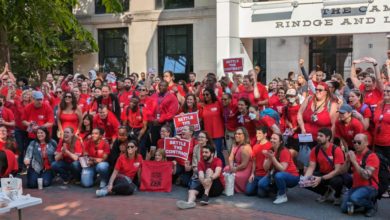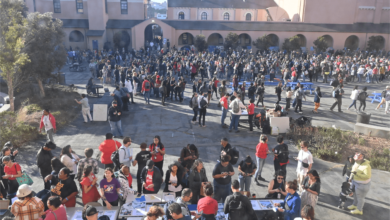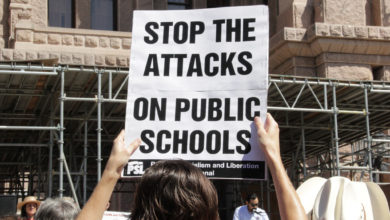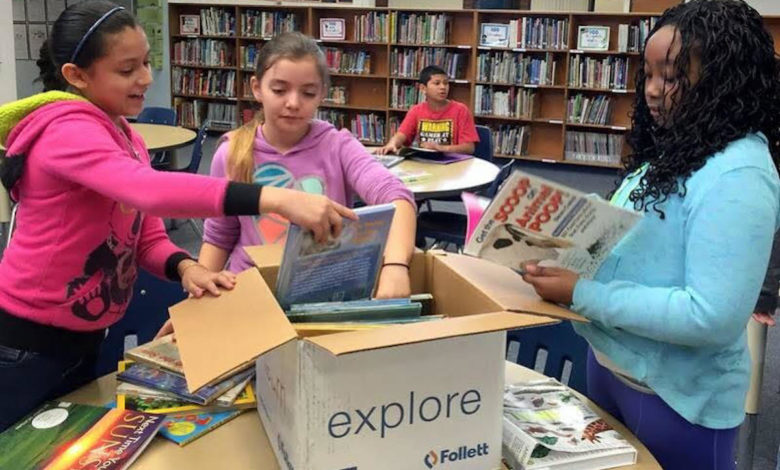
For the last two years, a major conservative movement against books featuring LGBTQ, Black, and other oppressed people has built up momentum across the United States. Though many public school systems have worked to include more diverse books in classrooms and libraries, a conservative backlash has been on the upswing. What’s behind this trend?
1. This book-banning craze has roots in recent U.S. history, but its ferocity is unprecedented.
The American Library Association noted in a recent report that 2021 saw the greatest increase in book challenges, i.e. community members objecting to a book’s inclusion in a library’s collection. While rightwing and conservative religious groups have long attempted to censor materials available to the public, this drastic rise in book challenges represents a concerning and focused effort on the part of reactionary groups to control what young people are able to learn about race, gender and sexuality. Whereas in 2020, the ALA tracked 156 book challenges, there were 729 reported in 2021.
In addition, state governments have passed legislation against the instruction of Critical Race Theory; CRT has now become a catch-all phrase used by the right-wing to encompass any educational material highlighting entrenched racism and bigotry in United States history. As of September, seven states have banned anything the deem CRT from public schools and another 16 have bans in progress.
2. Parent groups, bolstered by entrenched and well-funded conservative organizations, are using book banning campaigns in an effort to mobilize the base of the extreme right wing.
In Missouri, for example, parents have spoken at school board meetings for at least four different districts, under the guidance of a so-called parents’ rights group called No Left Turn. The group has documented ties to the anti-union, anti-public education right-wing billionaire Koch brothers.
Another group promoting books bans is “Moms for Liberty.” This group is heavily promoted by another conservative group, Parents Defending Education, which has ties to the Cato Institute, a thinktank founded by right-wing billionaire Charles Koch. (The Guardian)
3. These reactionary groups incorrectly argue that banning books is necessary to protect children.
For example, Florida’s infamous HB 1557, informally known as the “Don’t Say Gay” law, prohibits teachers from discussing sexual orientation and gender identity with students of any age in the classroom. Florida Governor Ron DeSantis announced prior to signing the legislation that “We are going to make sure parents are able to send their kid to kindergarten without having some of this stuff injected into some of their school curriculum.”
Of course, the drive to censor school districts has nothing to do with protecting children. If concern for children were at the heart of this movement, then special attention would be given to the need to actually nurture and care for children, including LGBTQ and Black children who need to see their experiences and struggles reflected and validated in the books they read.
4. Attempts at censorship in public schools are part of a larger reactionary scheme to erode democratic rights won over the last half-century by progressive movements.
Not only is book banning rooted in odious racism and homophobia, but it is also a clear strategy to rollback a democratic movement for greater representation of Black and other oppressed voices in literature and curricula.
Public schools and libraries as democratic institutions have a responsibility to make available a range of media offerings that affirm and support young people’s diverse identities. Since the era of the civil rights movement, there has been a struggle for greater representation of Black and other oppressed communities in children’s literature and in textbooks. The diversification of school curricula and libraries was further stepped up In the wake of the 2020 uprising against racism and police brutality, as school districts across the nation began to more seriously seek to bolster inclusivity. Today we see the racist and homophobic backlash against this struggle for representation.
5. Book bans and anti-CRT legislation have a chilling effect on educators.
When community groups and politicians work to supersede educators’ judgment and knowledge of student needs, teachers and librarians on the front lines risk their jobs and livelihoods if they continue to provide access to diverse, anti-racist or pro-LGBTQ media. In Texas, where state legislators have passed anti-CRT legislation, school districts have compelled teachers and librarians to personally account for every text and verify that “experts” have deemed the text age-appropriate.
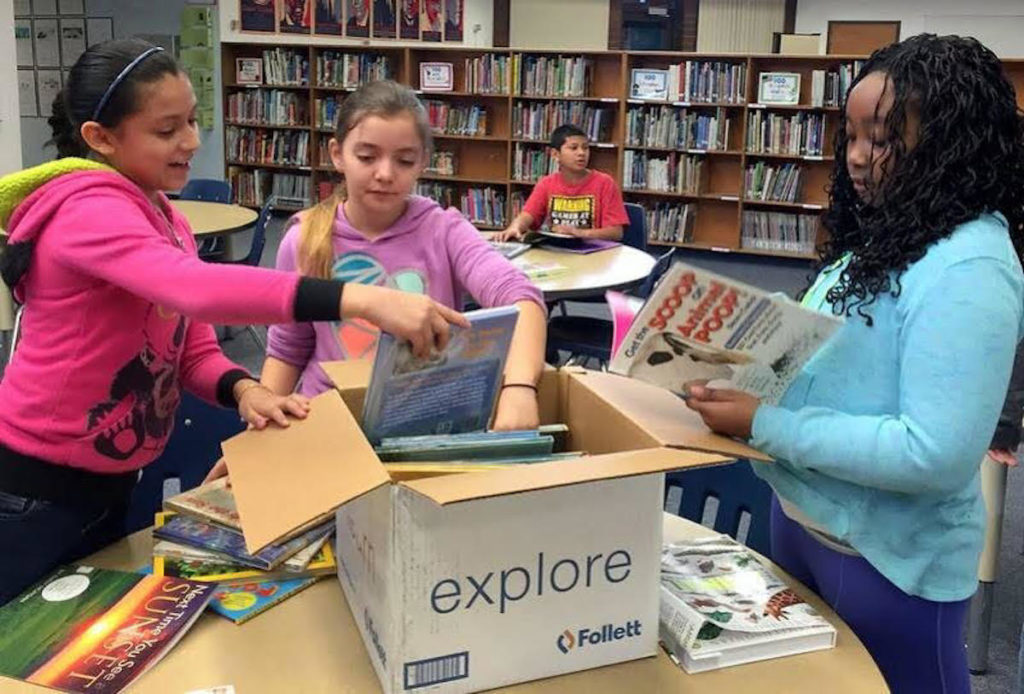
In response to this demand, Texas teacher Emily Clay wrote on social media, “So what am I going to do? I already don’t have on-contract time to do all the things we are required to do. What I’m going to do is box up every one of these books and put them away. And these shelves will be bare. I won’t be the only one putting away all of my books. Classrooms across Texas will be bare of libraries because of this.” (Facebook of Emily Clay)
6. In spite of daunting challenges, students are fighting back against book banning.
In Pennsylvania’s Central York School District, in 2020, a diversity committee for the district compiled a list texts for teachers to use in the wake of the George Floyd uprisings. However, the following year, the Central York school board inexplicably voted to ban the entire list of books from use in the classroom.
Outraged students began to organize against the book ban, planning t-shirt black outs and creating signs for daily morning protests. The students continued their campaign to reinstate the books by writing letters to major newspapers and reading excerpts from the banned books on Instagram. Eventually, the students garnered so much support from across the country that the school board was forced to reverse its decision.
In Boise, Idaho, 18-year old high school student Shiva Rajbhandari won a seat on the School Board running on an anti-book banning platform and opposing a candidate endorsed by far-right extremist groups. (Huffpost)



